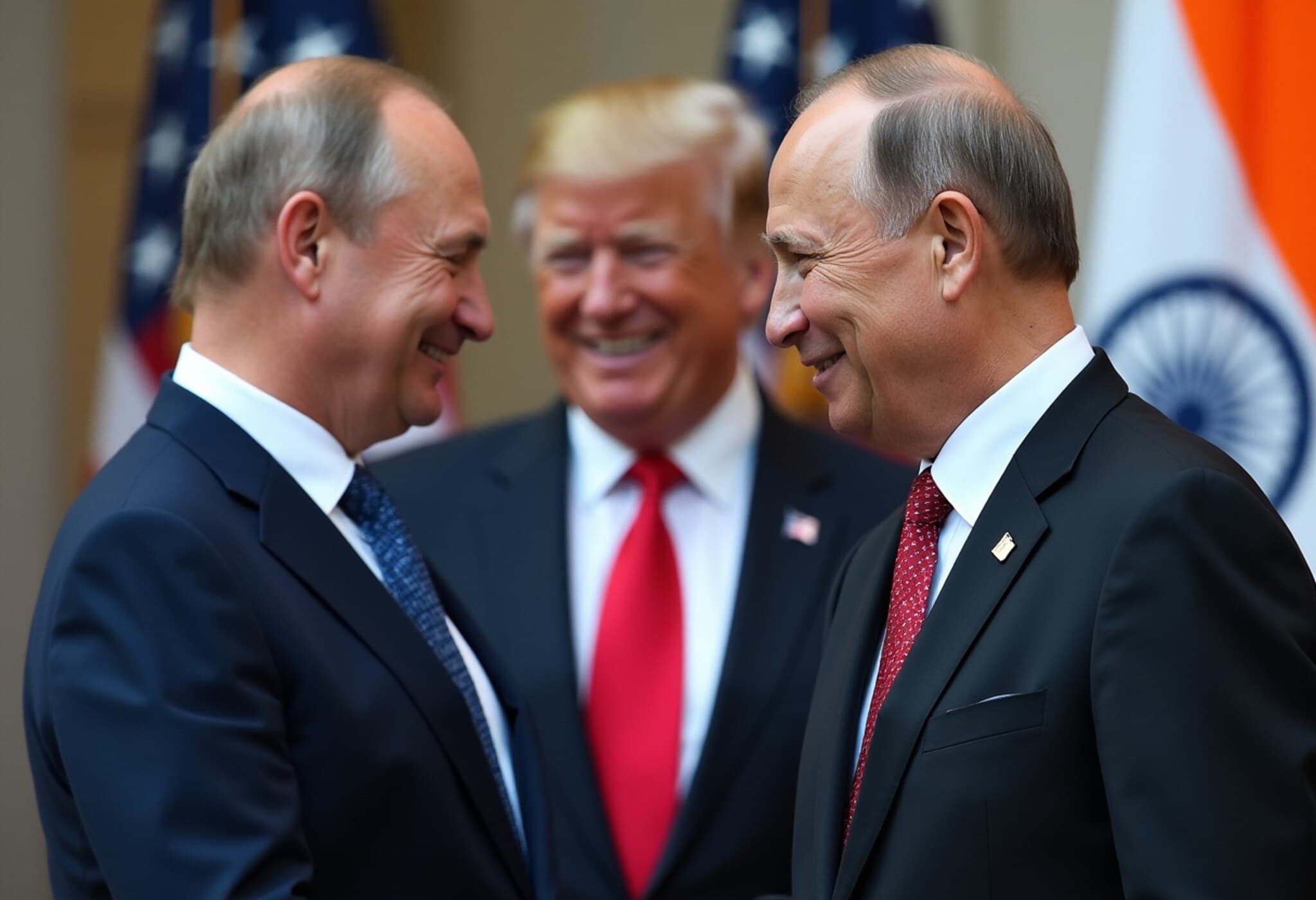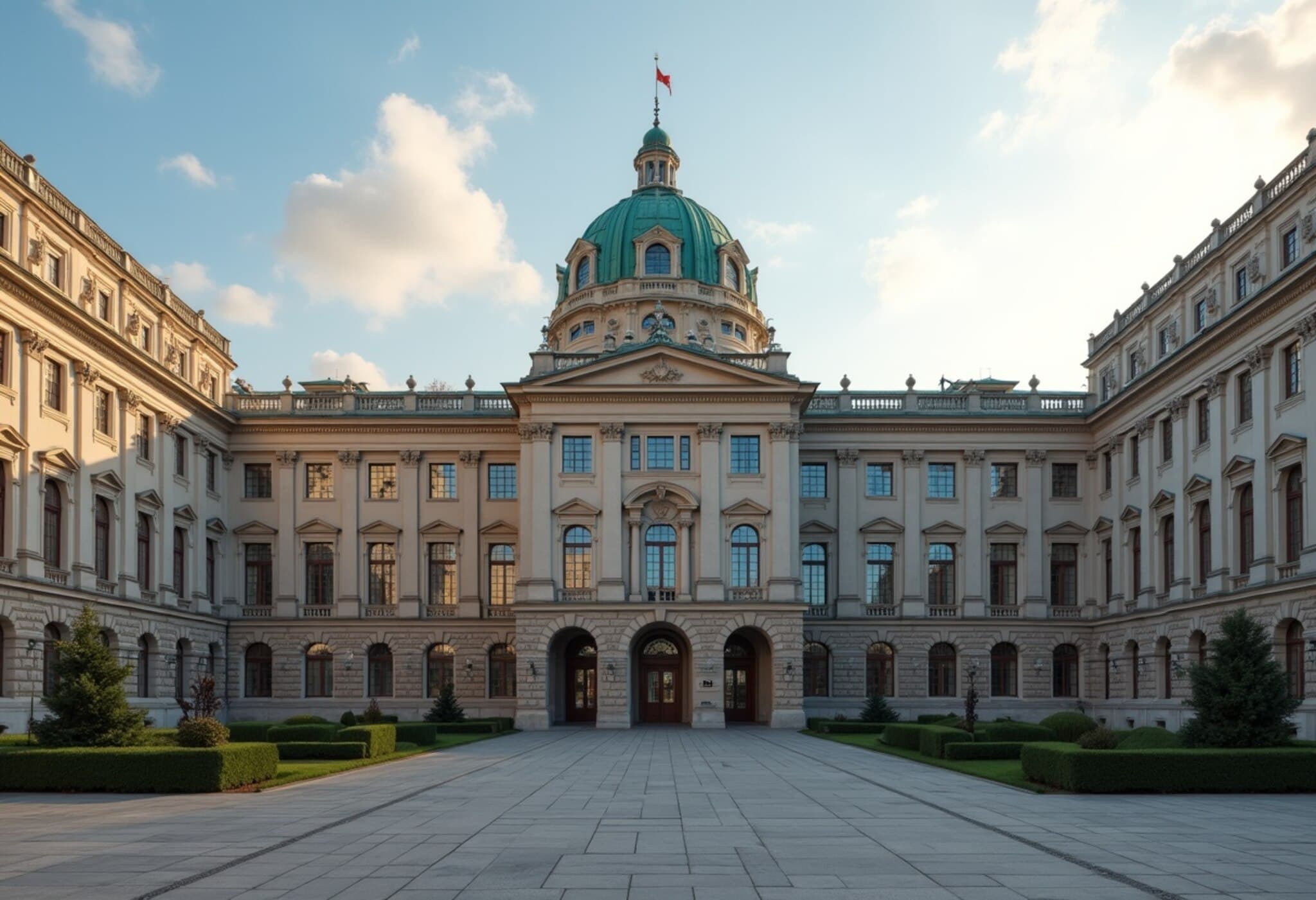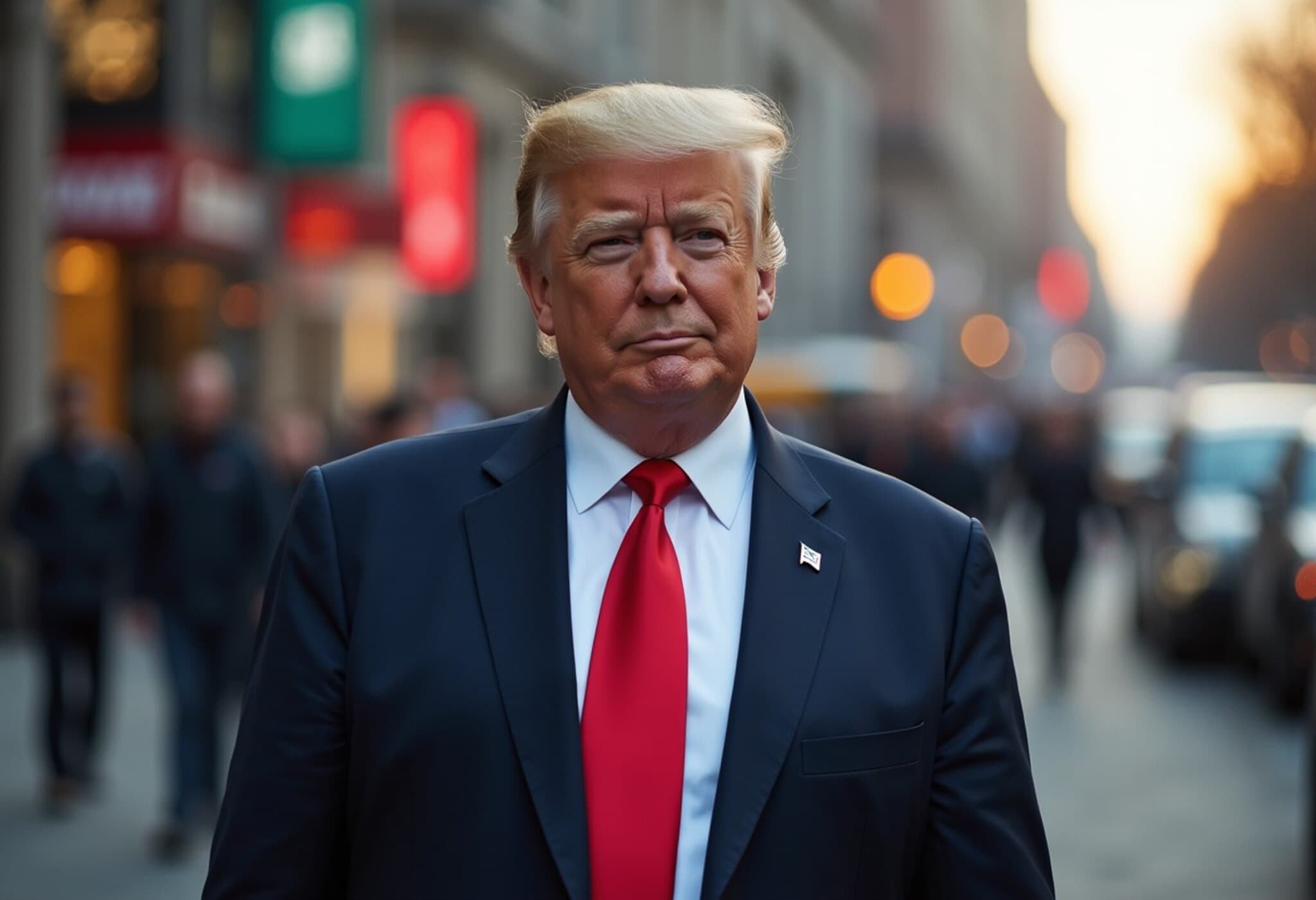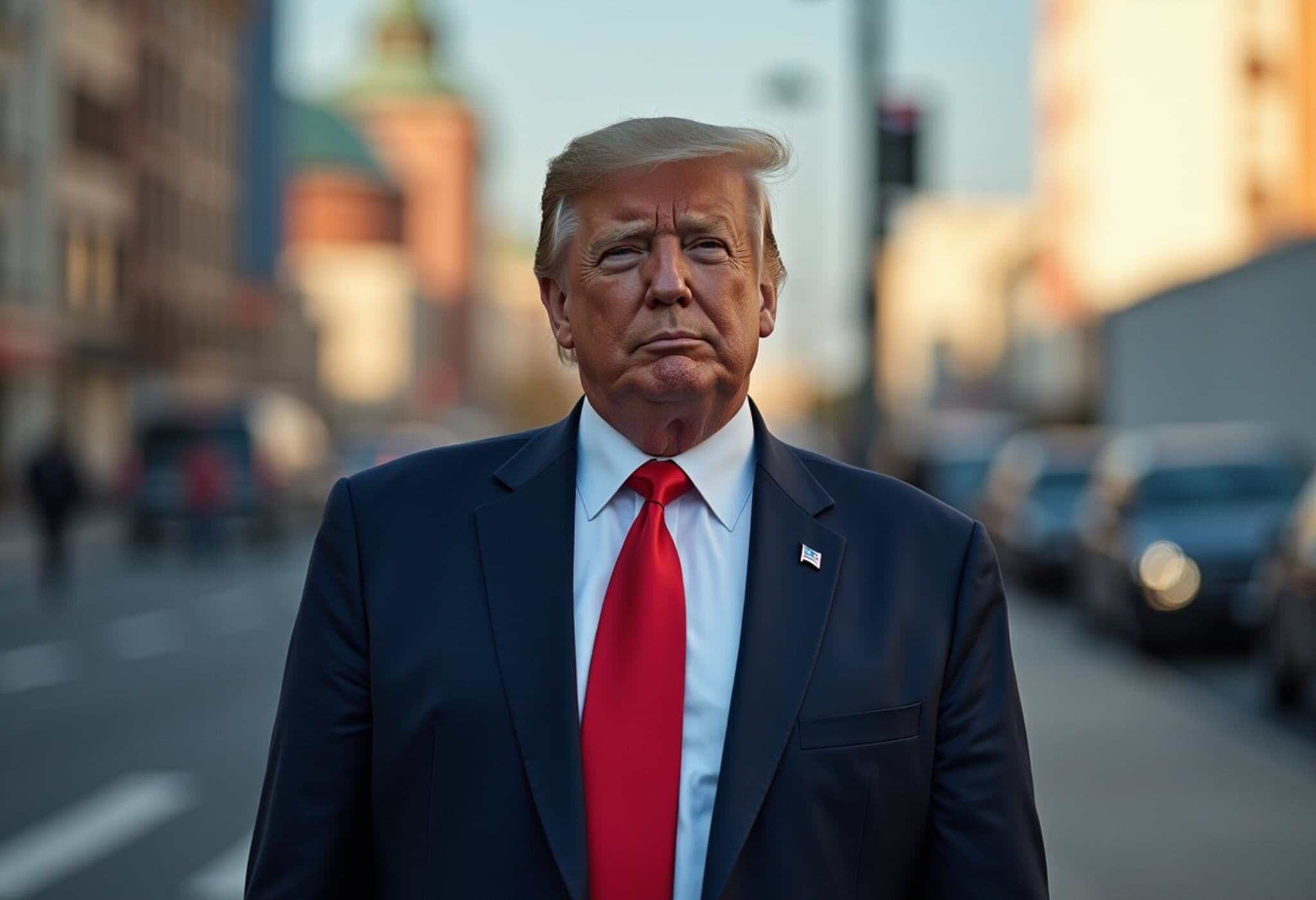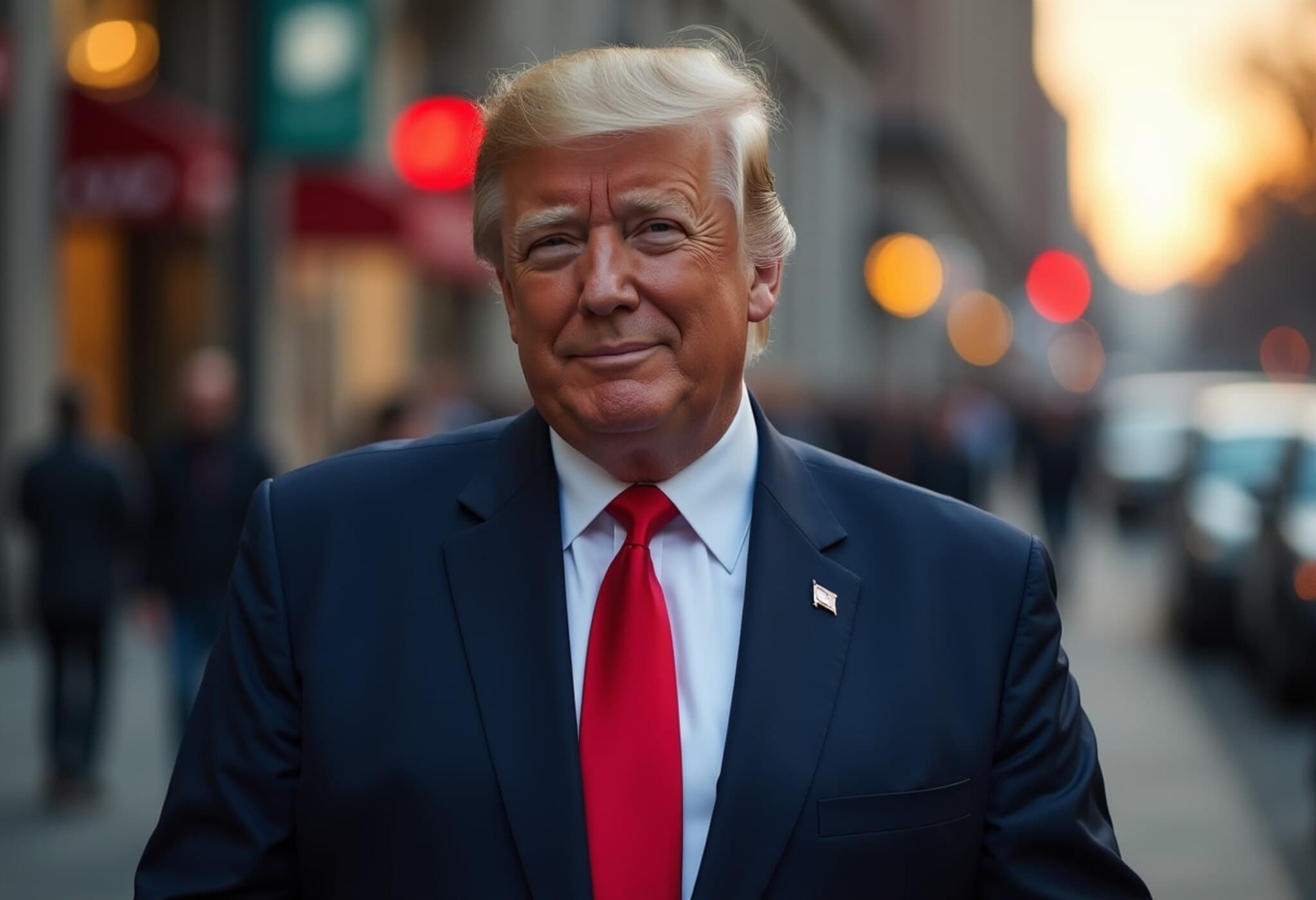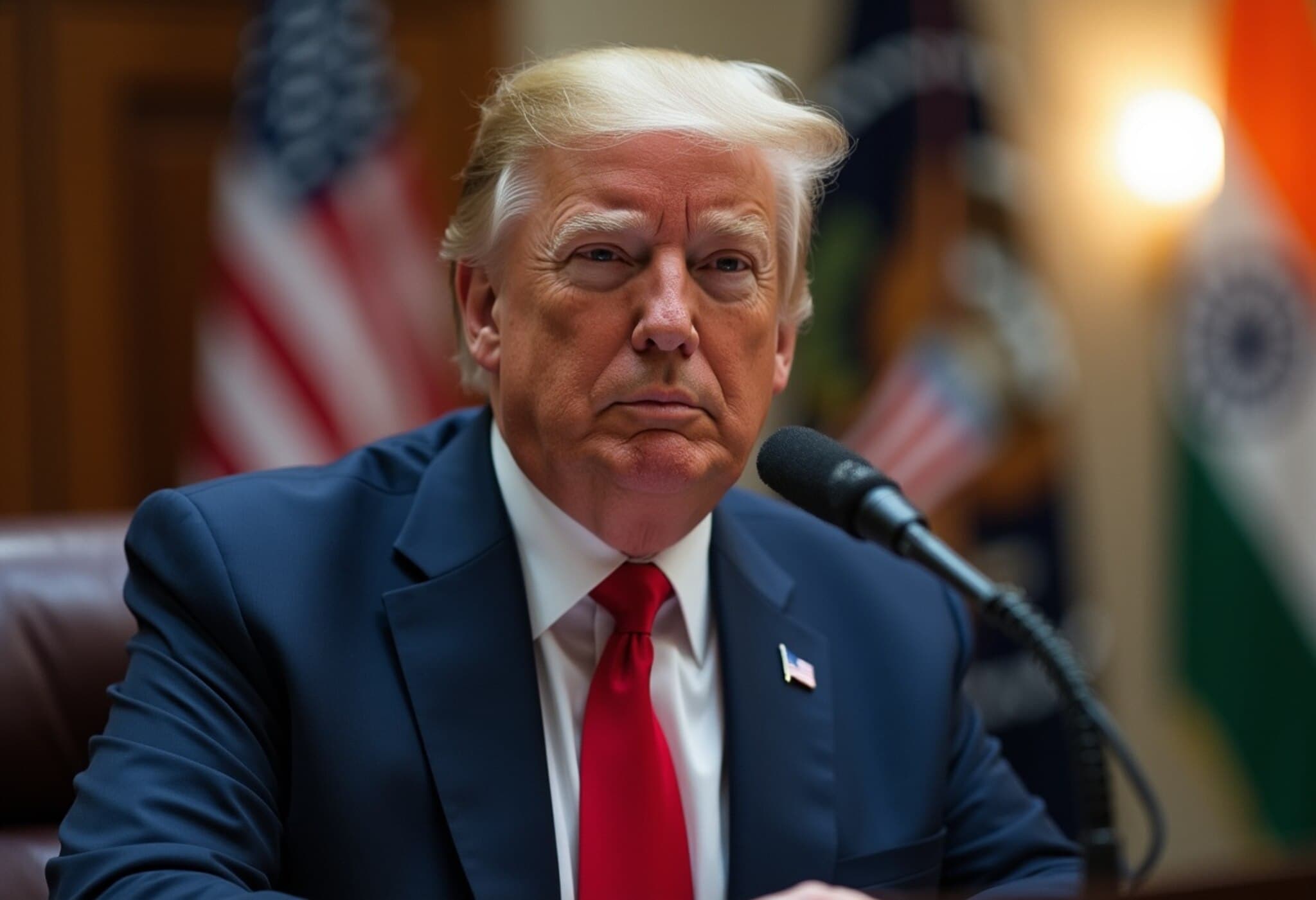India Commits to Continued Russian Oil Imports Despite U.S. Pressure
In a decisive move that underscores its strategic autonomy, India plans to maintain its imports of Russian crude oil, even as former U.S. President Donald Trump threatens punitive tariffs. According to two confidential Indian government sources speaking to Reuters, this stance reflects long-term contracts and complex energy needs that cannot be abruptly altered.
Complexities of India's Energy Strategy
India's energy choices illustrate the balancing act many nations face amid global geopolitical tensions. One official highlighted, "These are long-term oil contracts. It is not so simple to just stop buying overnight." Compounding this is the fact that, unlike Iranian or Venezuelan crude, Russian oil currently escapes direct sanctions, allowing India to purchase at prices below the EU's established cap.
The Indian Ministry of External Affairs echoed this pragmatic approach during a recent press briefing, emphasizing a “steady and time-tested partnership” with Russia. Spokesperson Randhir Jaiswal remarked, "On our energy sourcing requirements, we consider market availability, pricing, and prevailing global conditions before making decisions."
U.S. Threats and Their Limitations
Trump's administration has been vocal about penalizing nations importing Russian oil to curtail Moscow's revenue streams amid the Ukraine conflict. He has suggested potential 100% tariffs on U.S. imports from countries buying Russian energy and arms, and specifically pointed to India in social media posts.
Despite these warnings, Indian officials remain undeterred. They argue that India's procurement of discounted Russian crude has helped moderate global oil prices, preventing steeper spikes during turbulent market conditions.
India's Energy Landscape: Russia as a Top Supplier
Russia currently supplies roughly 35% of India’s oil imports, amounting to about 1.75 million barrels per day during the first half of 2025. This represents a 1% increase over the previous year, underlining the growing reliance on Russian crude to fuel India’s expanding economy.
However, recent market shifts have momentarily affected buying patterns. Indian state-owned refiners like Indian Oil Corp, Hindustan Petroleum, and Bharat Petroleum reportedly paused Russian crude purchases after July as discounts dwindled to their lowest since sanctions began in 2022.
Sanctions Impact on Indian-Russian Energy Ventures
The EU's sanctioning of Nayara Energy, a key Indian refinery majority-owned by Russian interests including Rosneft, illustrates the increasing complexity of this energy relationship. Following sanctions, Nayara's CEO resigned, and logistical hurdles have delayed the unloading of several oil shipments, underscoring the tangible impact of international efforts to restrict Russian oil flows.
Expert Insight: Navigating Geopolitical Crosswinds
From a geopolitical standpoint, India’s decision epitomizes the emergence of a multipolar world where countries assert sovereignty over energy and foreign policy decisions despite global pressures. The balancing act between maintaining energy security and managing relations with Western powers is delicate but crucial for nations like India, which face imperative growth demands and complex diplomatic contours.
Furthermore, India’s energy strategy highlights the limitations of unilateral U.S. sanctions and the challenges in enforcing global compliance. It also raises critical questions about the effectiveness of economic pressure tactics in altering long-term alliances and trade practices—especially among rising powers with diversified energy portfolios.
Conclusion: Strategic Autonomy in a Changing World
India’s steadfast approach to Russian oil imports amid U.S. threats reflects a broader trend of nations prioritizing pragmatic and sovereign decisions in an interconnected, yet fractured, global economy. As global energy markets evolve, India’s moves underscore the critical need for nuanced diplomacy that aligns security, economic growth, and international obligations.
This development invites reflection on the future of global energy diplomacy. How will nations balance geopolitical loyalty with economic self-interest? And what mechanisms will emerge to reconcile divergent international sanctions regimes? India’s example offers a compelling case study in strategic resilience and diplomatic subtlety amid swirling global pressures.




